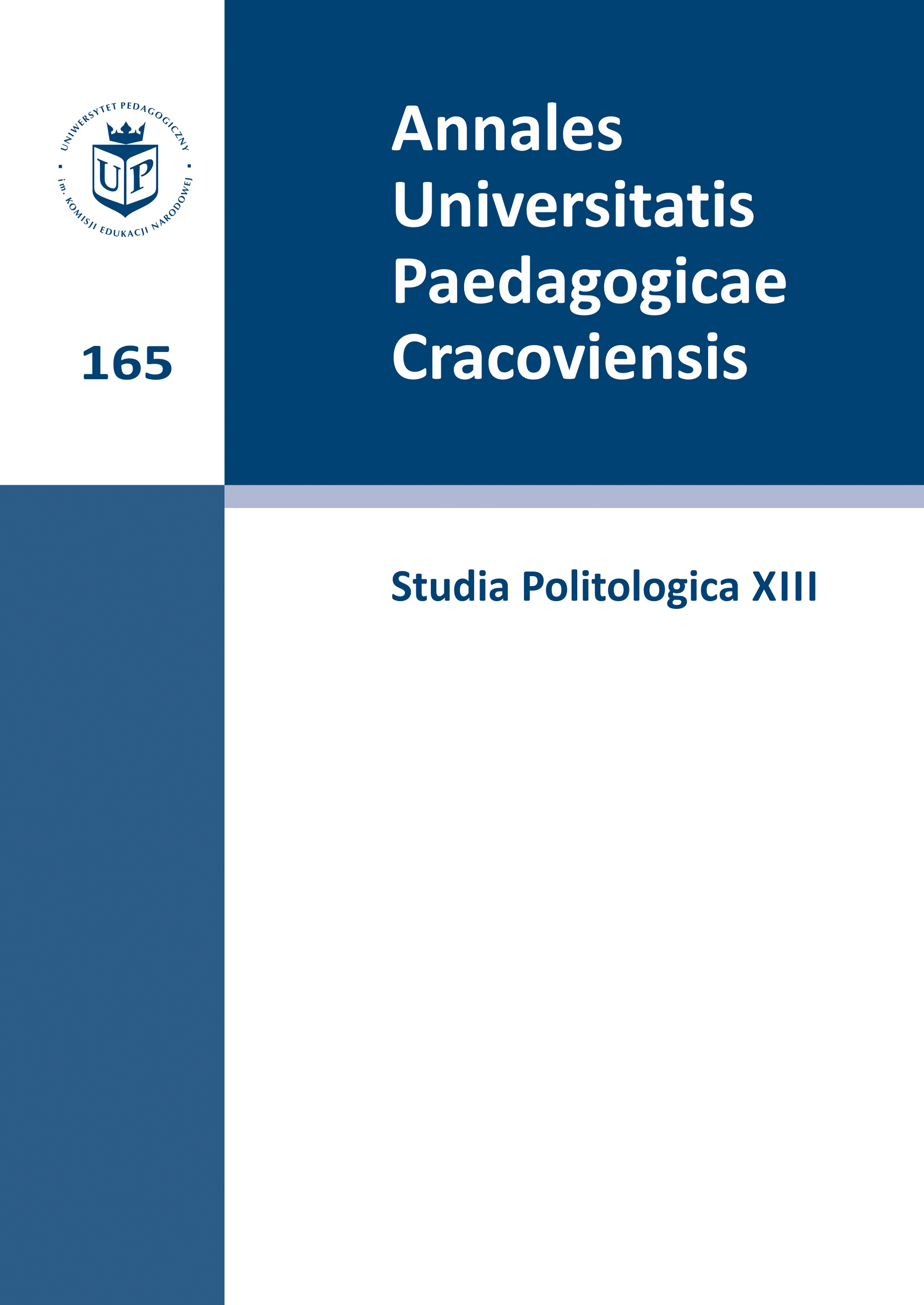Migracje czy mobilność – case study Holandia
Abstract
The article focuses on the phenomenon of the mobility, isolation, and differentiation of the emigrant groups or mobile workers, whose status is being regulated by the European law and the internal law of the acquiring country. The example chosen for analysis is the Netherlands. Different categories of Dutch immigrants, solutions used on the Dutch labor market, and elements of the political discourse oriented around this issue have all been presented here. The factors which influence the observable differentiation are: history (migration from the former colonial countries), open European market (migration in order to find work, including the increasing percentage of Polish employees), and the international industrial space. This means that expatriates are a special group among the mobile workers (these are highly qualified workers of the international corporations or institutions not connected with the industry). From the Dutch point of view, finding an efficient and acceptable adaptation policy, which will be beneficial for every social group coexisting in this country is an important challenge.Downloads
Published
2015-08-03
Issue
Section
Scientific paper
License
Redakcja przyjmuje do druku teksty oryginalne, wcześniej niepublikowane. Treść czasopisma jest dostępna na licencji Creative Commons (CC-BY-NC-ND 3.0 PL)
Licencja ta zezwala na wykorzystanie materiałów opublikowanych w czasopiśmie w celach niekomercyjnych np. komentarza, krytyki, informacji, archiwizacji, nauczania lub prowadzenia badań, z poszanowaniem aktualnie obowiązującego prawa autorskiego (ustawa z dnia 4 lutego 1994 r. o prawie autorskim i prawach pokrewnych Dz.U. 1994 nr 24 poz. 83 z poźn. zm.). Zgodnie z wymogami licencji, konieczne jest dokładne podanie źródła cytowania lub parafrazowania oraz zachowanie tekstu w oryginalnej postaci (zakaz tworzenia utworów zależnych).

